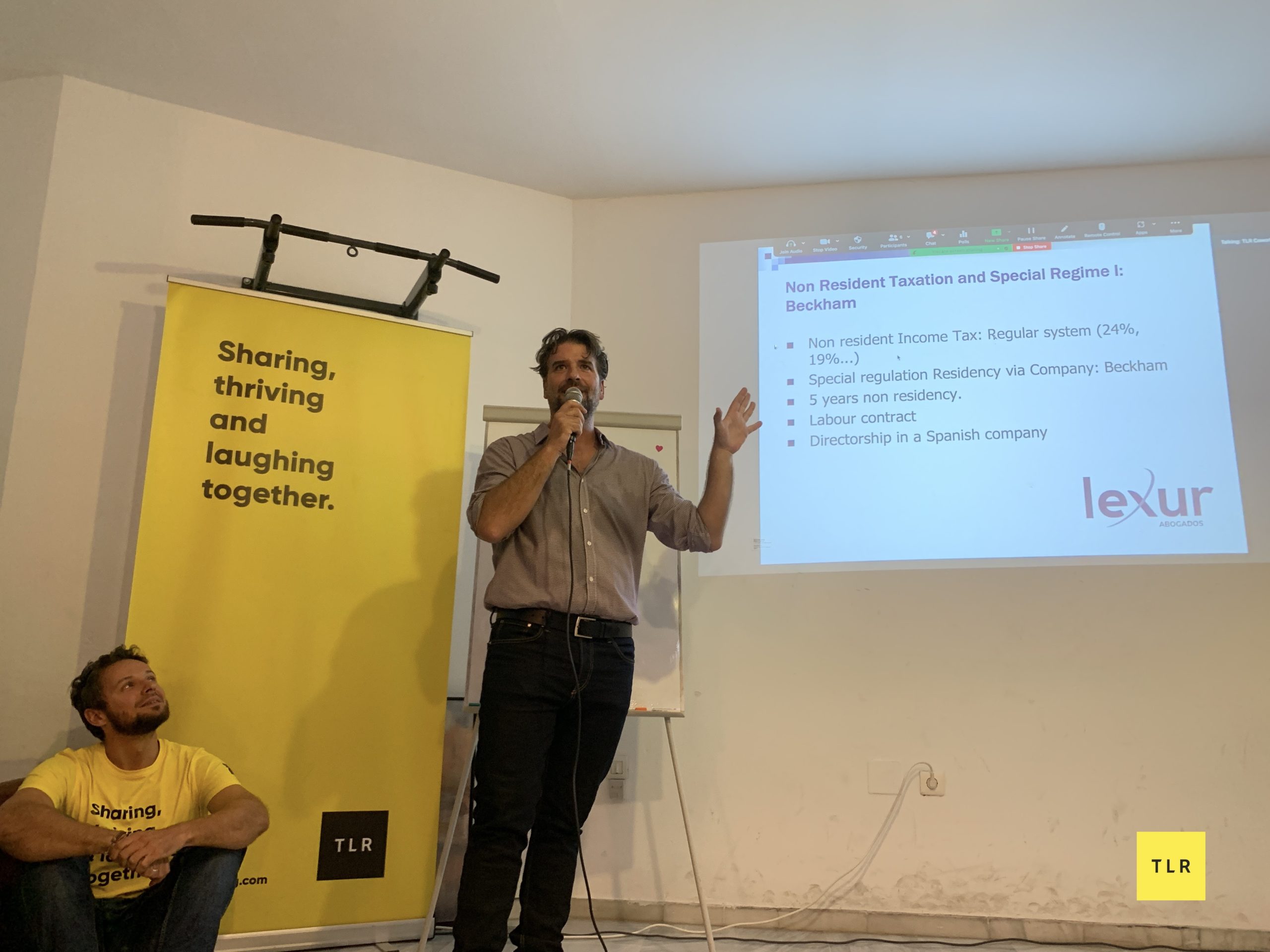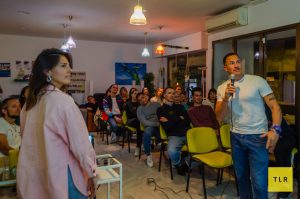A TLR Family member, a lawyer, and a Spanish tax system guru, José (Pepe) García-Valdecasas took to the stage at TLR Coworking’s recent TGIF event to talk us through the Spanish tax system as it applies to newly arrived expats.
In a world where digital nomadism is on the rise, understanding tax obligations becomes crucial for individuals navigating the modern lifestyle. This article will delve into the key takeaways from Pepe’s talk and provide additional insights into the Spanish tax system.
The Limbo Year: Deciding Your Tax Residency
Pepe begins by addressing the unique situation of newcomers in Spain during their ‘limbo year’. For those unsure about making Spain their permanent residence, Pepe emphasises the importance of understanding tax residency. Spain determines tax residency through factors like the 183-day rule, income sources, property ownership, and family ties. It’s a critical decision, as tax residency influences worldwide income taxation.
Pepe’s advice is clear: when making the decision to stay, promptly register as a resident to avoid potential dual taxation issues. This is particularly important for those considering spending significant time in Spain.
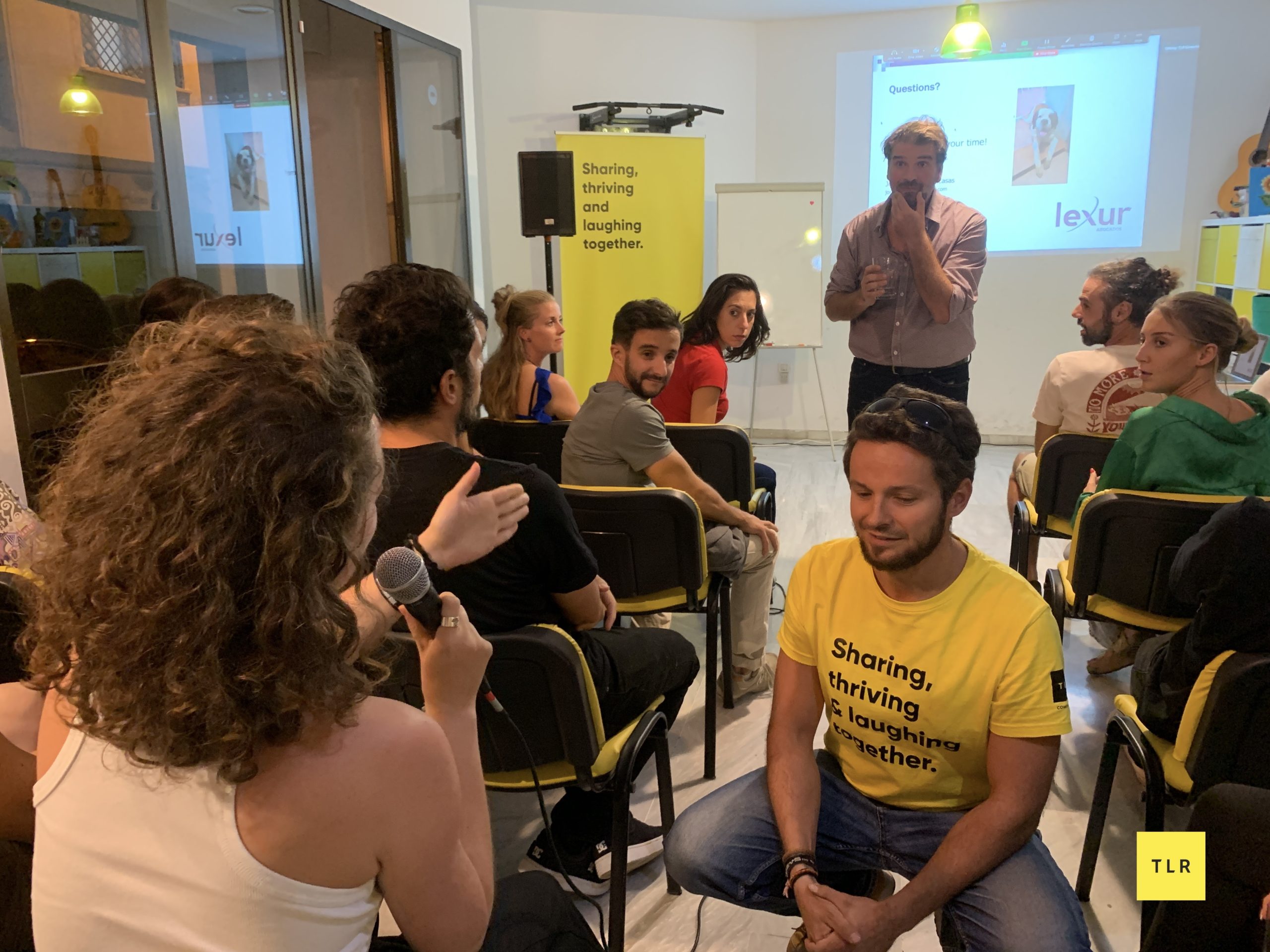
Options for Non-Residents: The Beckham Law
For non-residents entering Spain, Pepe sheds light on the ‘Beckham Law,’ an unconventional tax regime introduced in the year 2000. Initially designed for artists and sports players, the law offered a flat tax rate of 24% on income for the first €600,000 for a duration of five years plus the year of application. Although it has evolved, the Beckham Law still presents an attractive option for any professionals, no longer limited to artists and sports players only, who haven’t been Spanish residents in the previous five years. It’s crucial for potential beneficiaries to consider this option early in their transition year.

Digital Nomads: Tax Implications
Pepe introduces another option for non-EU/EEA residents in their limbo year – the “digital nomad” option. This pathway involves proving employment with a foreign-registered or Spanish company (top 20% of the income generated) operating for at least a year. The applicant needs to showcase at least three months of work (either as an employee or as a freelancer) with that company, an income double the Spanish minimum wage, and professional qualifications. While offering benefits similar to the Beckham Law, this option requires careful consideration due to potential tax rates exceeding 24% for higher incomes.
Further requirements also apply, added Pepe, such as a clean criminal record and other stipulations.
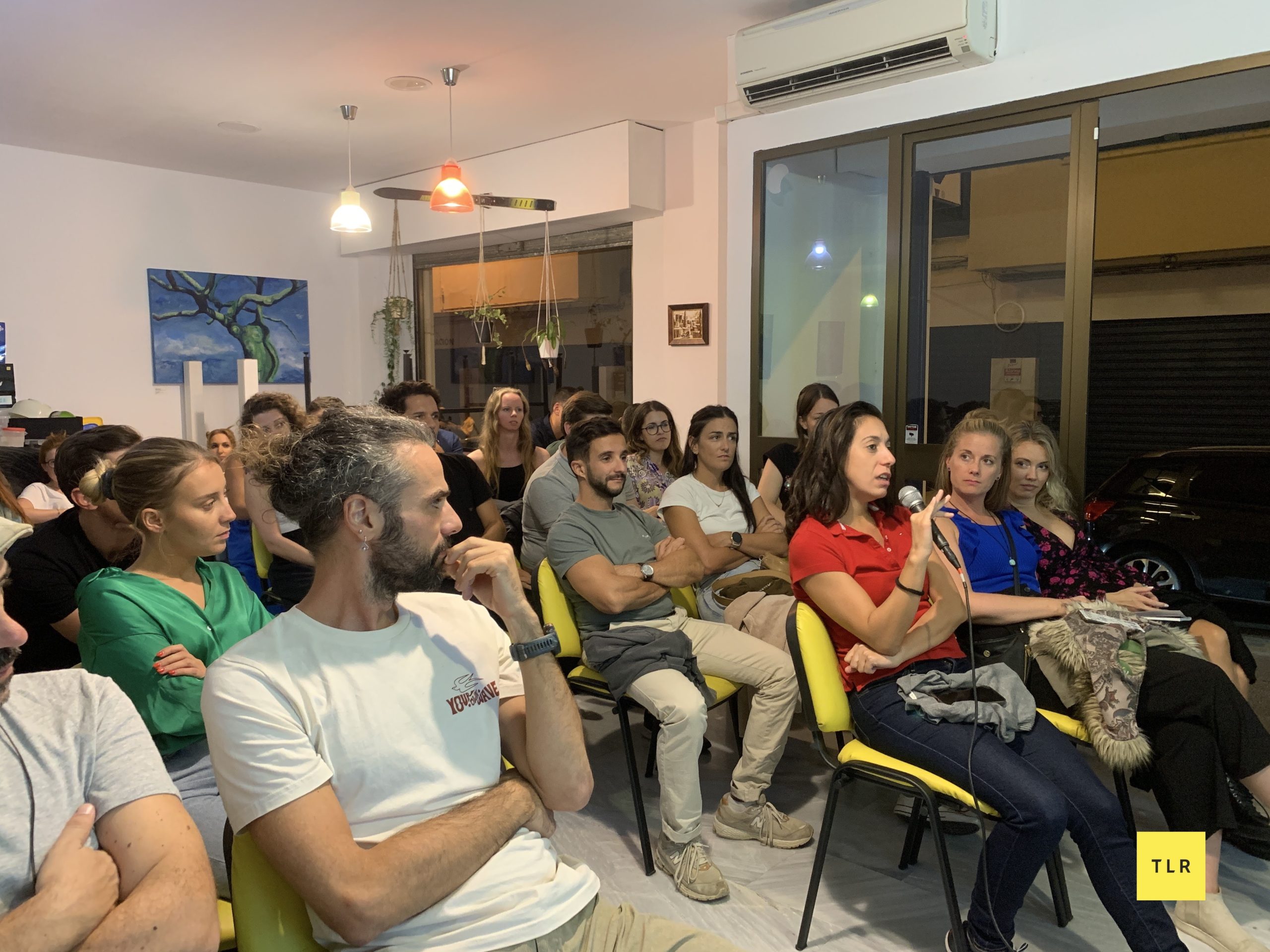
Wealth Tax and Reporting Foreign Assets
Pepe educates the audience on Spain’s wealth tax, which applies to global assets exceeding €3m. Individuals, excluding Beckham Law beneficiaries, are obligated to declare overseas assets exceeding €50,000 in value using tax form 720. The penalties for non-compliance can be hefty, but recent adjustments have eased the burden. Pepe stresses the importance of timely reporting and the potential benefits of transparency.
However, it’s crucial to note that tax laws can change frequently. For instance, despite Andalucía having a zero wealth tax, the central government recently introduced a new regulation affecting wealth exceeding three million euros, as explained before.
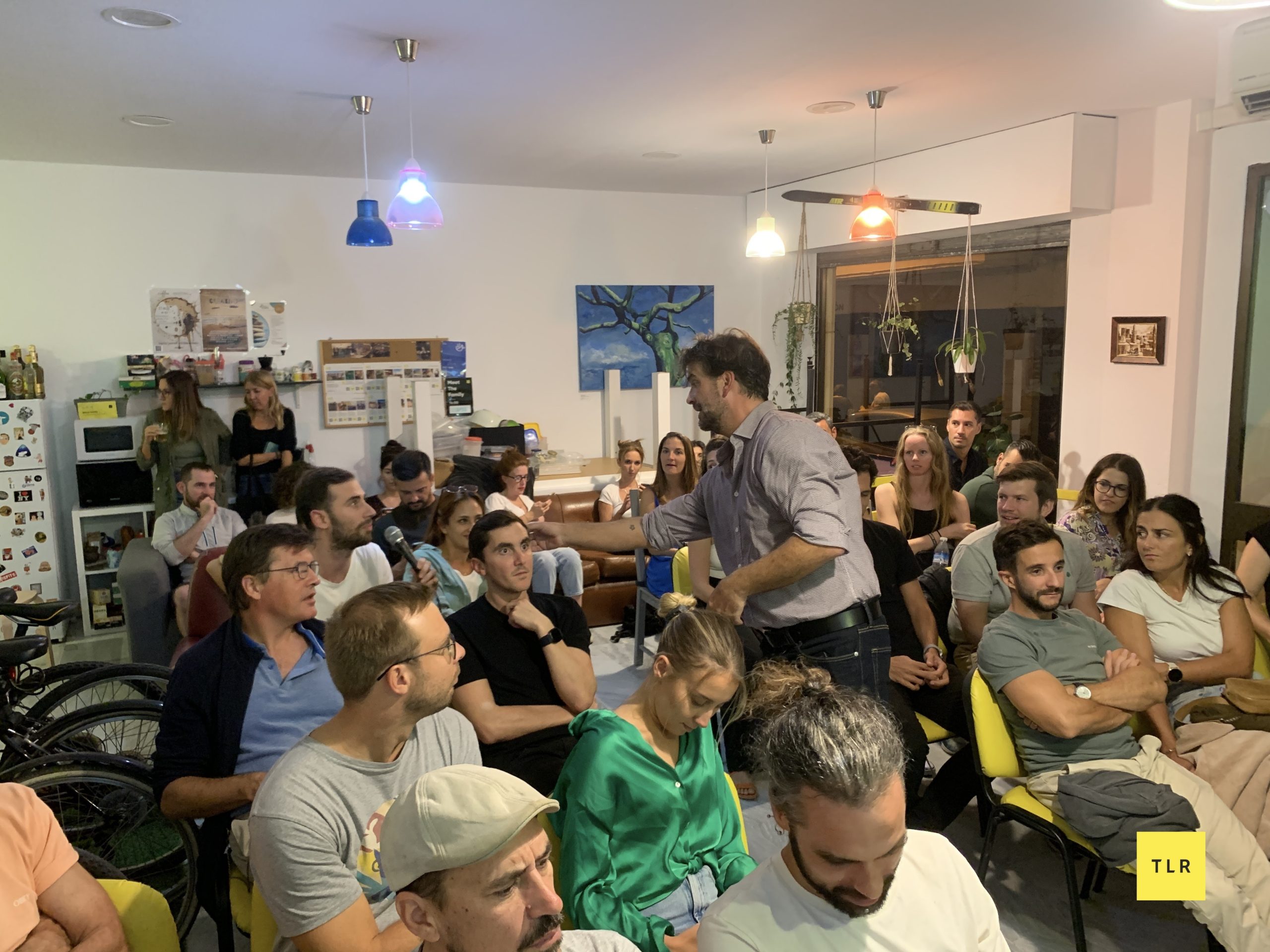
The Golden Visa: Anecdotal Residency Option
As a final note, Pepe touches on the Golden Visa, a unique residency opportunity available to those willing to invest in Spanish property. This option is gaining popularity, especially among UK citizens seeking European Union access post-Brexit. The investment threshold is set at half a million to a million euros, providing an alternative route for those with the financial means.
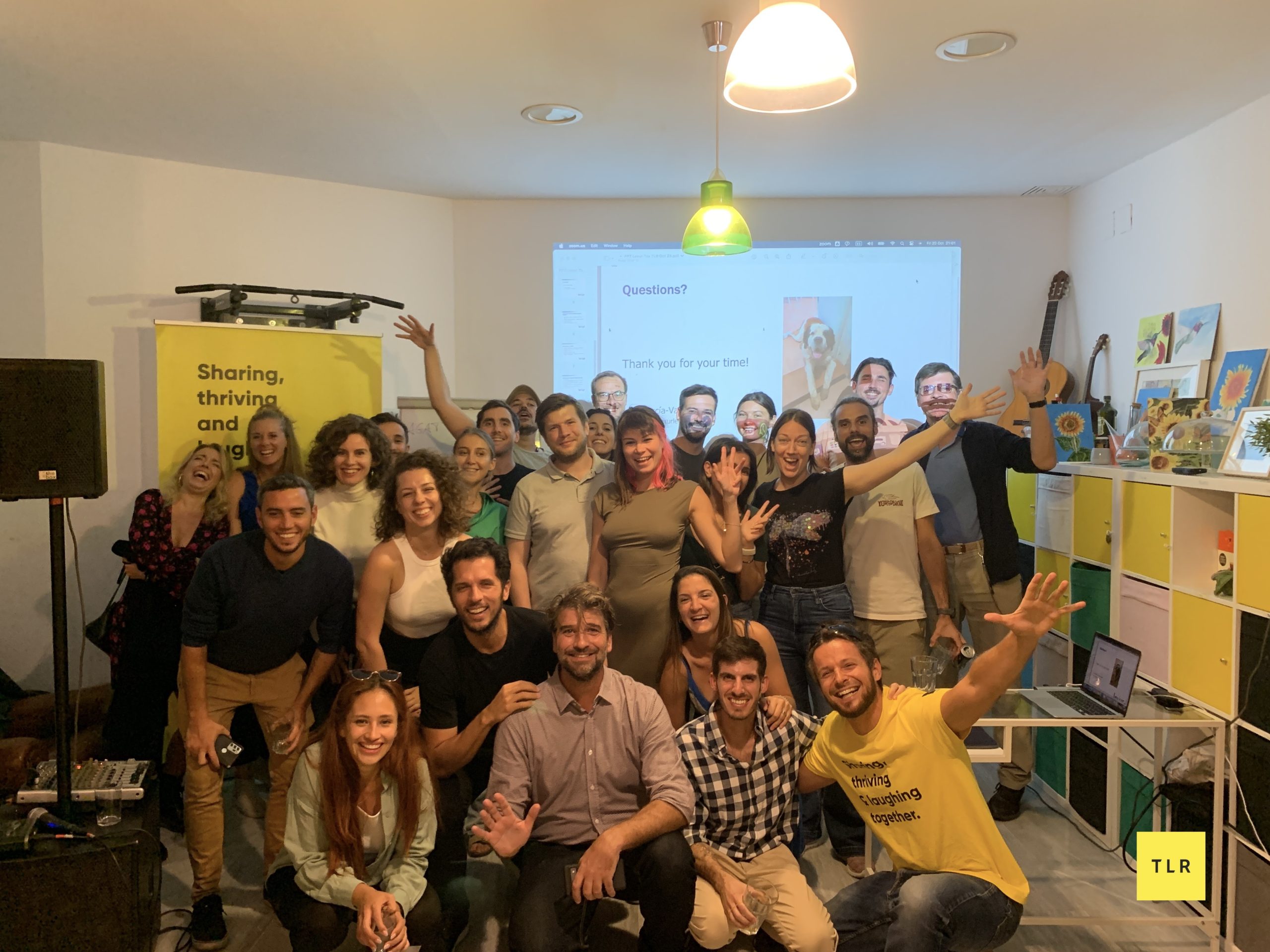
In conclusion, Pepe’s talk at TLR sheds light on the intricacies of the Spanish tax system for newcomers. Whether opting for the Beckham Law, exploring digital nomad opportunities, adhering to wealth tax regulations, or considering the Golden Visa, understanding these options is essential for a seamless transition into tax compliance.
As you embark on your Spanish journey, be informed, make the right choices, and enjoy the perks of your new lifestyle without tax-related worries.
About Pepe

Pepe is a lawyer, and TLR Family member since August 2020, working as Tax Department Partner at Lexur Abogados – a firm which connects the work of Spanish and Swedish lawyers. Lexur also collaborates with other law firms in Spain. They give legal and tax advice to individuals and companies abroad and in Spain.
Pepe’s work experience is focused on international transactions among EU countries. His specialities include tax, real estate, and commercial law.
In his spare time, Pepe enjoys music and photography.
Find out more about Lexur via www.lexurgrupo.com and www.lexur.se.
To read more blog posts by TLR members, check out our blog feed here. You can also click here to learn more about TLR subscriptions.

